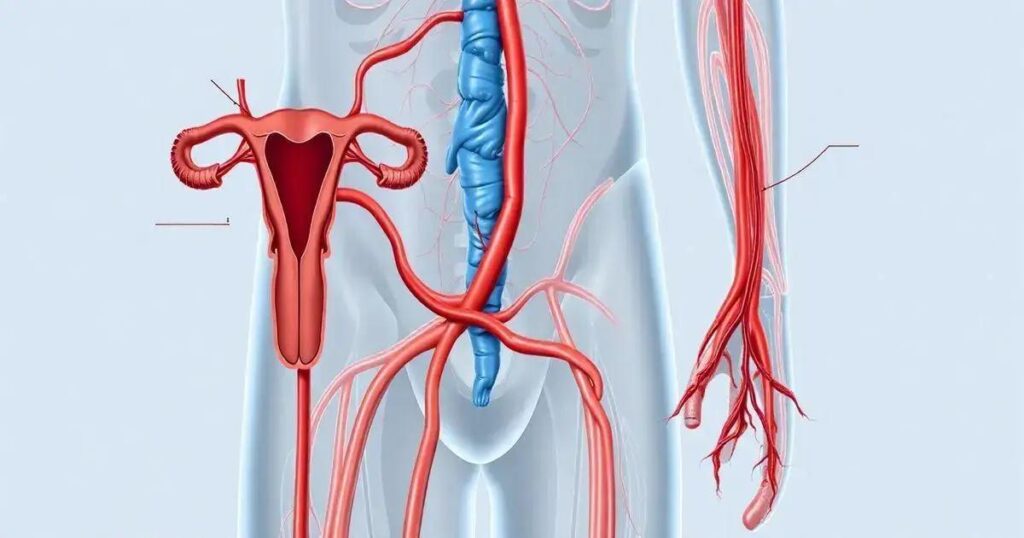Understanding vascular causes of erectile dysfunction (ED) is vital for improving men’s sexual health. Key factors include atherosclerosis, hypertension, and diabetes, which affect blood flow. Symptoms may include difficulties in achieving erections and reduced sexual desire. Effective treatments range from medications and vacuum devices to lifestyle changes like regular exercise and a healthy diet. Early consultation with a healthcare provider is crucial for timely intervention.
Understanding vascular causes of erectile dysfunction is crucial for many men facing challenges in their intimate relationships. This condition often stems from restricted blood flow due to vascular issues, making it essential to recognize the underlying problems. In this article, we will explore what vascular causes of erectile dysfunction entail, how they relate to cardiovascular health, and the symptoms that may arise. Additionally, we will discuss effective treatment options and lifestyle changes that can support vascular health, ultimately improving overall well-being.
What are Vascular Causes of Erectile Dysfunction?
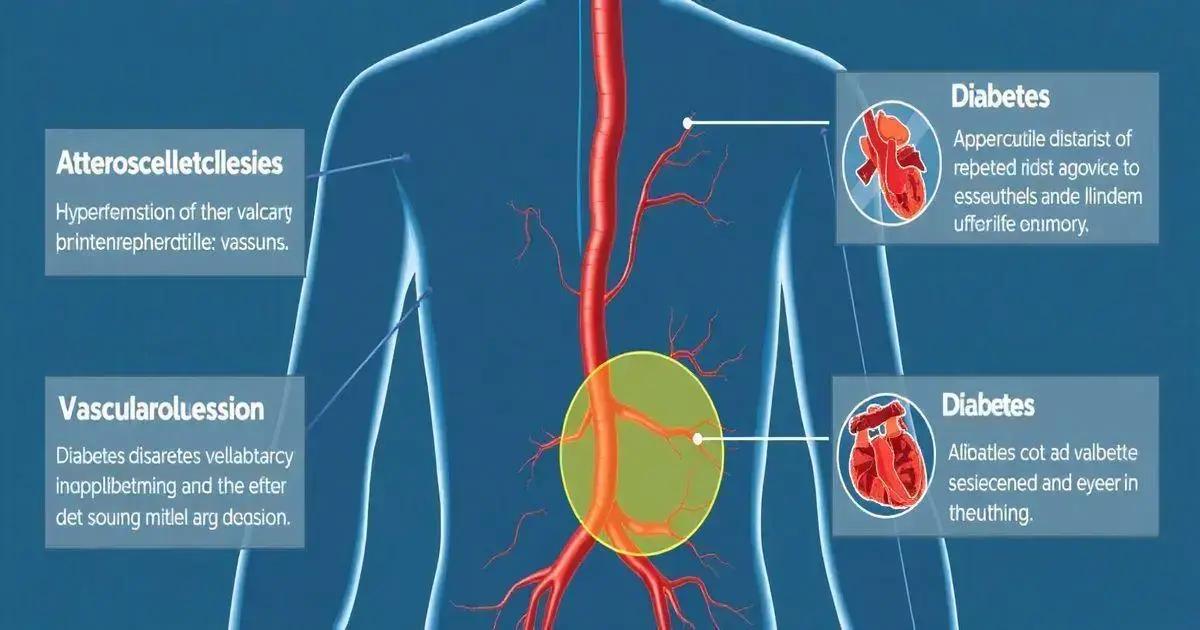
Understanding Vascular Causes of Erectile Dysfunction involves various factors that can impair blood flow to the penis. This condition affects many men and can be linked to underlying vascular issues.
The primary vascular causes of erectile dysfunction (ED) include conditions such as atherosclerosis and hypertension. Atherosclerosis is the buildup of plaque in the arteries, which narrows them and reduces blood flow. Hypertension, or high blood pressure, can damage blood vessels, further contributing to ED.
Another important factor is diabetes. High glucose levels can damage blood vessels and nerves, making it difficult to achieve and maintain an erection. This highlights the connection between vascular health and erectile function.
Other vascular causes may include smoking, which can impair circulation, and high cholesterol, which contributes to arterial blockages. Additionally, certain medications that affect blood flow can also lead to erectile difficulties.
It’s essential to recognize these vascular causes early to address them effectively. Understanding these factors not only helps men gain awareness of their condition but also encourages them to seek appropriate medical advice.
How Cardiovascular Health Affects ED
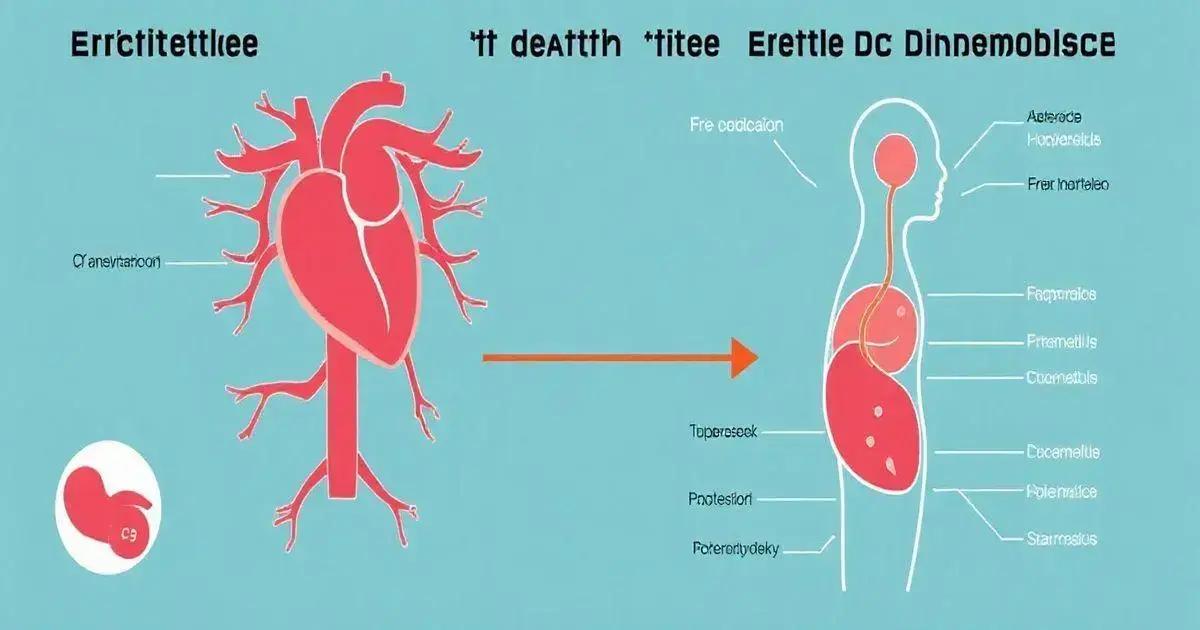
Cardiovascular health is crucial for overall bodily functions, including sexual health. Blood flow plays a key role in achieving and maintaining an erection. When the cardiovascular system is not working properly, it can directly affect erectile function.
Conditions like atherosclerosis restrict blood flow to the penis, making it difficult to achieve an erection. Atherosclerosis occurs when fatty deposits clog and harden the arteries, reducing their ability to supply blood. It is essential to maintain healthy arteries for proper erectile function.
High blood pressure is another important factor. It can damage blood vessels over time, making them less flexible and reducing their ability to deliver blood where it’s needed. Men with hypertension often report having erectile dysfunction because of this compromised blood flow.
Moreover, cholesterol levels are significant too. High cholesterol can lead to plaque buildup in the arteries, further limiting blood flow. Managing cholesterol through diet and exercise can be vital for maintaining erectile function.
Additionally, conditions such as diabetes can impact cardiovascular health. High blood sugar can damage blood vessels and nerves over time, leading to poor circulation. Men with diabetes often experience erectile dysfunction due to these vascular complications.
Finally, adopting a healthy lifestyle can greatly improve cardiovascular health. Regular exercise, a balanced diet, and avoiding smoking can enhance blood circulation and significantly reduce the risk of ED. Understanding how cardiovascular health affects erectile dysfunction is essential for men aiming to improve their sexual health.
Identifying Symptoms of Vascular ED
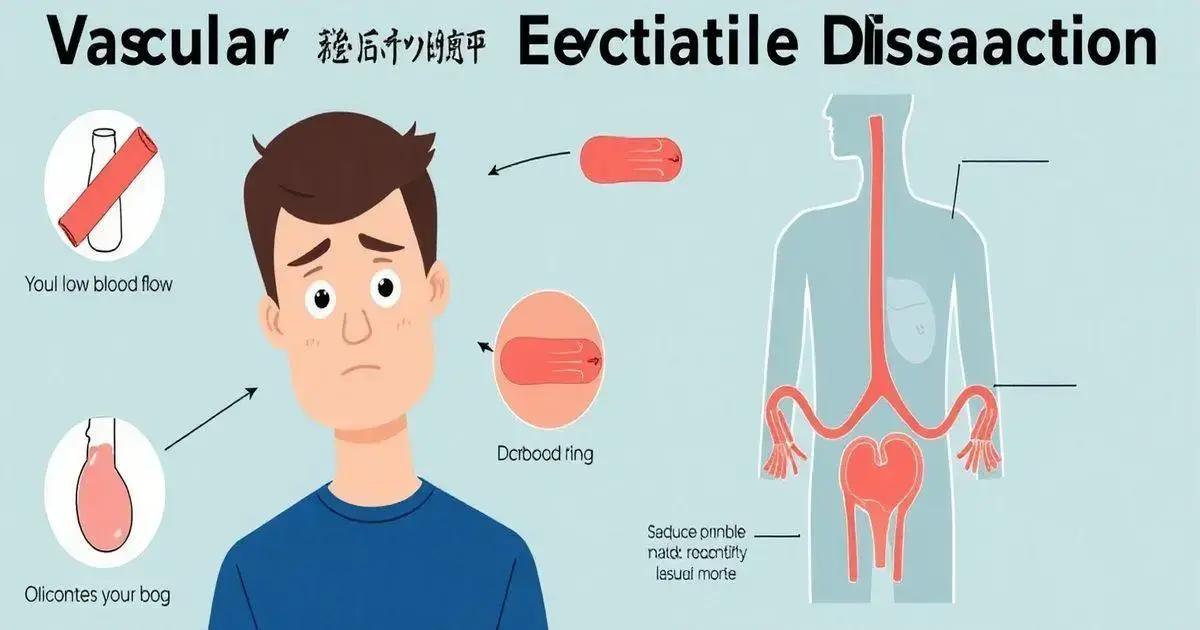
Identifying symptoms of vascular erectile dysfunction (ED) is essential for men experiencing issues with their sexual health. The symptoms often provide clues about underlying vascular problems.
One of the most common symptoms is difficulties achieving an erection. Men may find it hard to get an erection or may not be able to sustain one during sexual activity. These issues can stem from inadequate blood flow due to vascular complications.
Another key symptom is changes in the firmness of erections. If the erections are less firm than before, it may indicate reduced blood flow. This condition can signal that there are vascular issues affecting erectile function.
Diminished sexual desire can also occur in men with vascular ED. While this might not always be directly related to vascular health, it often accompanies other symptoms. Feelings of anxiety or depression related to erectile dysfunction can further impact sexual desire.
An inability to achieve orgasm can be another symptom. Some men may experience difficulty reaching orgasm, which could lead to frustration and decreased sexual satisfaction. This symptom may point to vascular concerns in the body.
It’s vital for men who experience these symptoms to consult a healthcare professional. Understanding the signs of vascular ED is the first step toward addressing the issue and seeking effective treatment options.
Effective Treatments for Vascular Causes
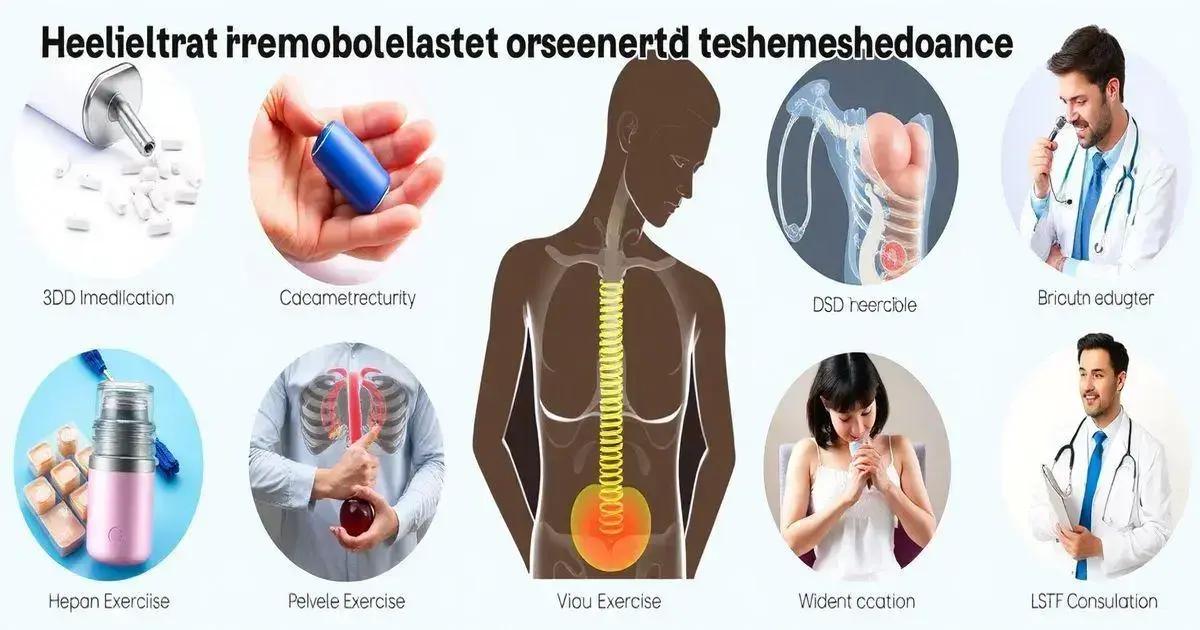
Effective treatments for vascular causes of erectile dysfunction (ED) are vital for improving men’s sexual health. There are several approaches to consider based on the underlying causes.
One common treatment is the use of medications, such as phosphodiesterase type 5 (PDE5) inhibitors. These drugs, like sildenafil (Viagra) and tadalafil (Cialis), enhance blood flow to the penis, helping men achieve and maintain an erection. It is essential to consult a healthcare provider to determine the best medication and dosage.
Vacuum erection devices (VEDs) are another effective option. These devices create a vacuum that pulls blood into the penis, helping to achieve an erection. A constriction band can then be placed at the base of the penis to maintain the erection during sexual activity.
Pelvic floor exercises can be very helpful as well. Strengthening the pelvic muscles can improve blood flow and enhance erectile function. Exercises such as Kegels are suitable for men looking to improve their sexual health.
In some cases, injections may be recommended. Medications are injected directly into the penis to induce an erection. This method can be effective for men who do not respond to oral medications.
For men with severe vascular issues, surgery may be an option. Surgical procedures can improve blood flow to the penis by repairing or bypassing damaged blood vessels.
Finally, addressing underlying health conditions, such as high blood pressure and high cholesterol, is crucial. Treating these conditions can improve overall vascular health and reduce symptoms of ED.
Lifestyle Changes to Improve Vascular Health

Lifestyle changes to improve vascular health can significantly enhance erectile function and overall well-being. Making small adjustments to daily habits can lead to big results.
Regular exercise is one of the best ways to boost vascular health. Engaging in aerobic activities, such as walking, jogging, or cycling, helps improve blood circulation. Aim for at least 30 minutes of moderate exercise most days of the week.
Eating a balanced diet rich in fruits, vegetables, whole grains, and lean proteins is essential. Foods high in antioxidants, like berries and leafy greens, can improve blood vessel function. Limiting saturated fats, trans fats, and processed sugars can also help maintain healthy blood vessels.
Maintaining a healthy weight is crucial. Being overweight can lead to various health issues, including high blood pressure and diabetes, which can impair vascular health. Losing even a small amount of weight can have significant benefits.
Quitting smoking is another vital change. Smoking damages blood vessels and reduces blood flow. Stopping smoking improves circulation and reduces the risk of erectile dysfunction.
Limiting alcohol intake can also positively affect vascular health. While moderate drinking may have some benefits, excessive alcohol can lead to dysfunction and inhibit circulation. Try to keep alcohol consumption at a reasonable level.
Finally, managing stress through techniques like meditation, yoga, or deep breathing exercises can improve overall health and help reduce issues related to erectile dysfunction.
In conclusion, understanding and addressing vascular causes of erectile dysfunction is essential for men’s health.
Recognizing the symptoms related to vascular issues, such as difficulties in achieving or maintaining an erection, is the first step towards effective treatment.
Utilizing available treatments, including medications and lifestyle changes, can greatly enhance vascular health and improve erectile function.
By embracing a healthier lifestyle through regular exercise, a balanced diet, and stress management, men can improve their overall health and potentially alleviate the symptoms of erectile dysfunction.
Your sexual health is an important aspect of your well-being, so take proactive steps to understand and address any vascular issues.
FAQ – Frequently Asked Questions about Vascular Causes of Erectile Dysfunction
What are the main vascular causes of erectile dysfunction?
The main vascular causes include conditions like atherosclerosis, hypertension, and diabetes, which can restrict blood flow to the penis.
How can I identify if I have vascular erectile dysfunction?
Symptoms may include difficulty achieving or maintaining an erection, decreased sexual desire, and changes in the firmness of erections.
What lifestyle changes can improve vascular health?
Regular exercise, a balanced diet, maintaining a healthy weight, quitting smoking, and managing stress can all enhance vascular health.
Are there effective treatments for vascular causes of erectile dysfunction?
Yes, effective treatments include medications, vacuum erection devices, injections, and in some cases, surgery to improve blood flow.
How does cardiovascular health impact erectile function?
Cardiovascular health affects blood flow; poor heart health can restrict blood vessels and lead to difficulties in achieving an erection.
When should I see a doctor about erectile dysfunction?
If you experience persistent symptoms of erectile dysfunction, it’s important to consult a healthcare professional for a proper evaluation.

